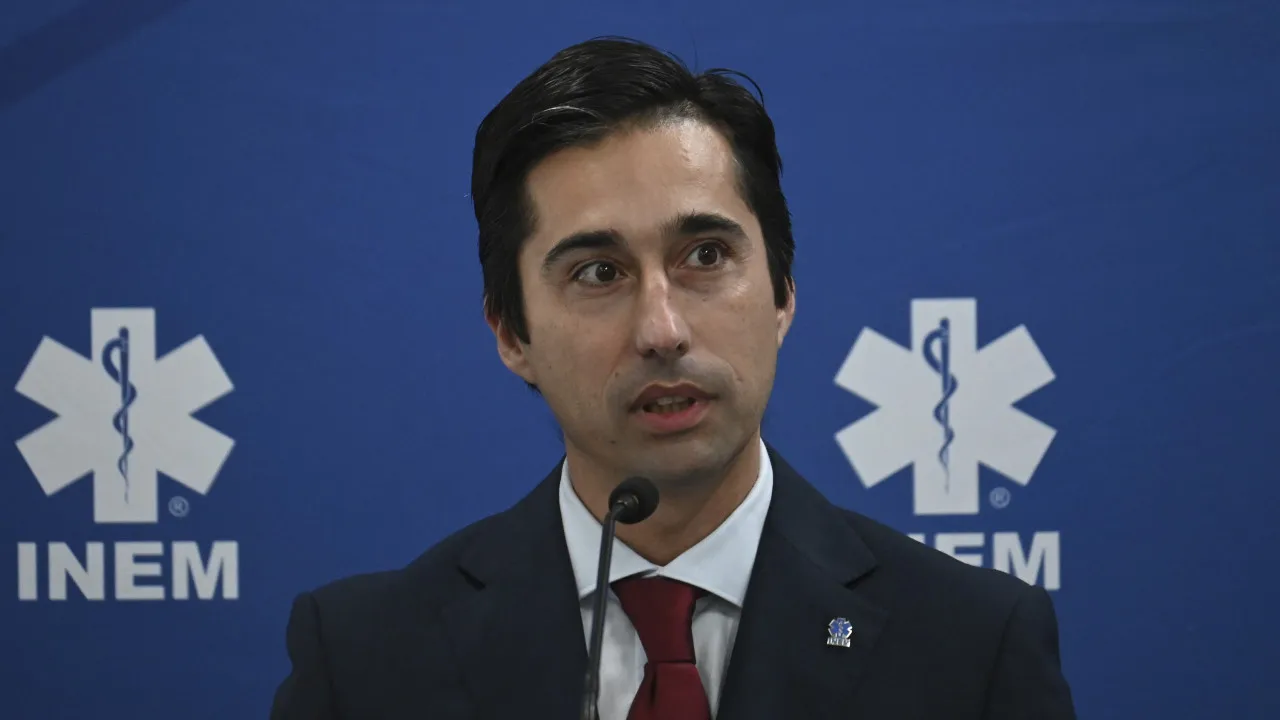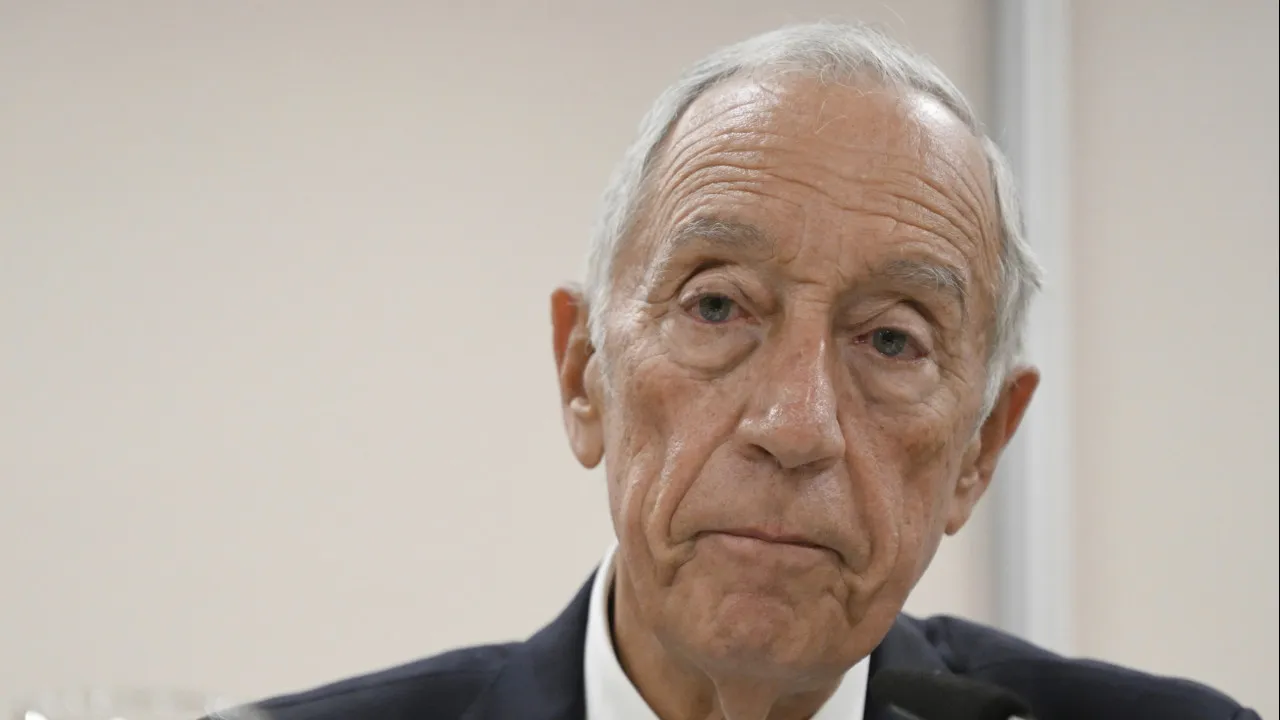
The National Association of Emergency Medicine Technicians (ANTEM) has criticized the National Institute of Medical Emergency (INEM) for relying heavily on “response teams with low technical differentiation,” which handle over 90% of help requests. The association stated that these teams “should undergo more training and preparation.”
This model, which has been repeatedly opposed by industry experts and ombudsmen, continues to be promoted, resulting in what ANTEM describes as “poor quality emergency assistance, undermining the provision of adequate medical emergency care.”
ANTEM also criticized the international public tender process for the medical emergency airlift service, labeling recent events related to INEM operations as “deeply concerning” due to “extensively surpassed” response times, which “gravely compromise the safety and lives of citizens.”
The association asserts that publicized delays in emergency assistance—some involving patient deaths and currently under investigation by the Health Activities General Inspectorate—are not isolated incidents but reflect “persistent structural dysfunctions” in a service that “should set a benchmark for efficiency, technical rigor, and institutional respect.”
On Wednesday, the INEM president announced plans to decentralize the Urgent Patient Guidance Center (CODU) services to enhance professional recruitment, including the potential for some remote working positions, a move opposed by ANTEM.
“It is crucial for the INEM president to fully understand that emergency call centers, advisory, and medical dispatch are highly specialized structures requiring the physical presence of adequately prepared doctors for real-time decision-making,” ANTEM asserted.
In light of these issues, ANTEM argues that the current INEM president, Sérgio Janeiro, “does not currently meet the conditions to continue his role,” stating that trust in emergency response is “profoundly shaken” and that his continued leadership “undermines the institute’s credibility” and “compromises the safety of citizens relying on it.”




